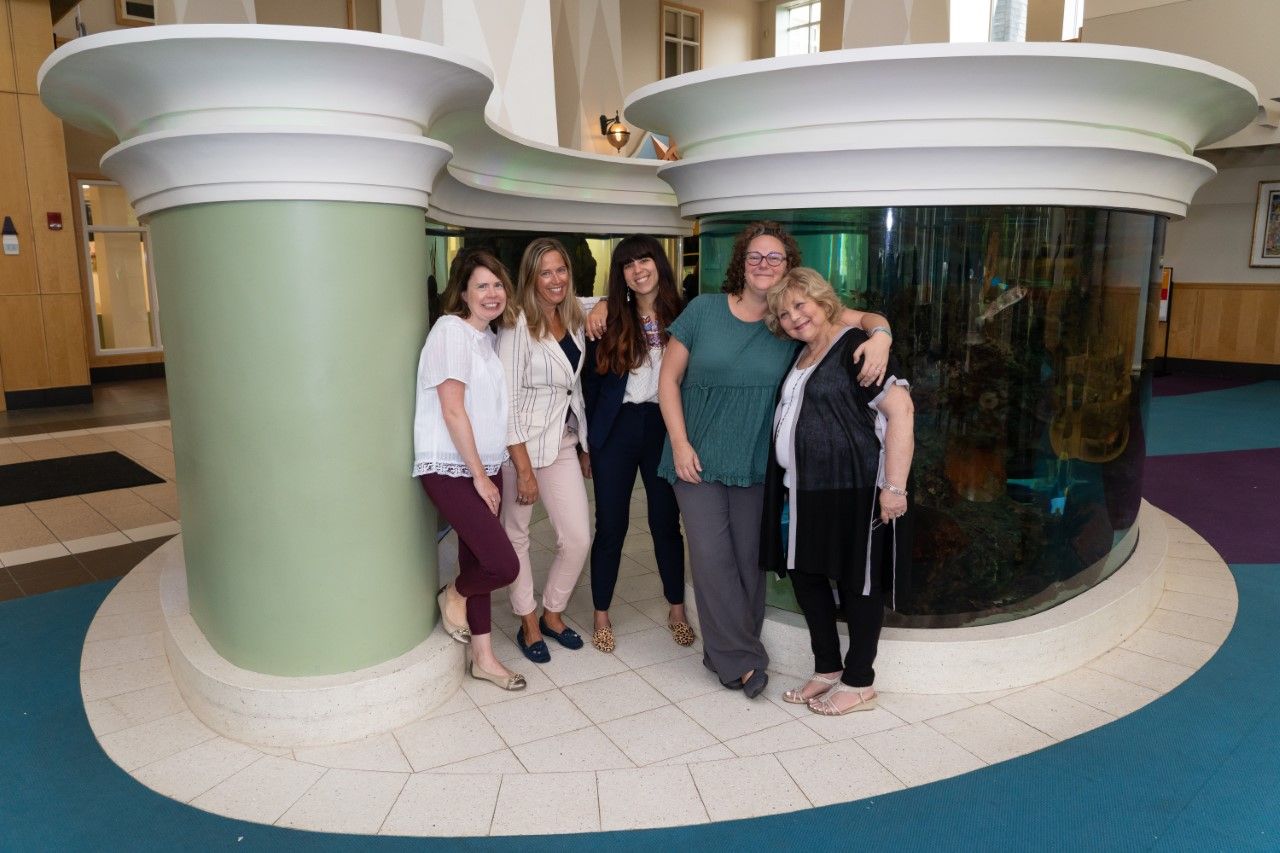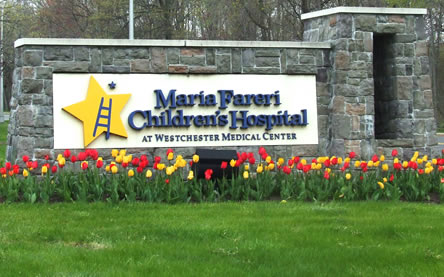The Childhood, Adolescent and Young Adult Wellness and Survivorship Program at the Maria Fareri Children’s Hospital at Westchester Medical Center and New York Medical College consists of a multidisciplinary team focused on recognizing and managing potential late effects that can occur as a consequence after treatment for childhood cancers and/or following stem cell transplant on the brain, eyes, ears, lungs, heart, liver, gastrointestinal tract, kidneys, and bladder, as well as the skeletal, reproductive and endocrine systems. The program is focused on educating survivors regarding their long term health risks and addressing these needs by providing survivors with comprehensive medical and psychosocial care. Furthermore, the Wellness and Survivorship Program has the ability to utilize our experience with this unique patient population to develop and implement various clinical research projects that will contribute to the field of long term survivorship. Overall the program is equipped to design and deliver customized and personalized therapy for each long term survivor of their childhood cancer and/or stem cell transplant.
The Childhood, Adolescent, and Young Adult
Wellness and Survivorship Program

Services Provided
Key Team Members/Disciplines
The core team will include a pediatric oncologist, nurse coordinator, social worker, data manager and clinical research associate. Surrounding the core survivorship team will be a group of physician specialists familiar with evaluating problems in childhood cancer survivors. Such specialties will include radiation oncology, cardiology, pulmonology, orthopedics, neurology, endocrinology, urology, audiology/ENT, nephrology, gastroenterology, nutrition, dental and psychology.
Unique Features
Optimal healthcare delivery to this unique population requires the establishment of necessary infrastructure, including several key components:
- Longitudinal care utilizing a comprehensive multidisciplinary team approach
- Continuity, with a single healthcare provider coordinating needed services
- An emphasis on the whole person, with sensitivity to the cancer experience and its impact on the entire family
- Academic setting to allow for establishment of a specialized multidisciplinary follow up team to care for large numbers of survivors
- Targeted individualized studies to evaluate organ function and monitor for late effects based on the survivor’s treatment history
- Comprehensive psychosocial evaluation, guidance, and vocational assistance

